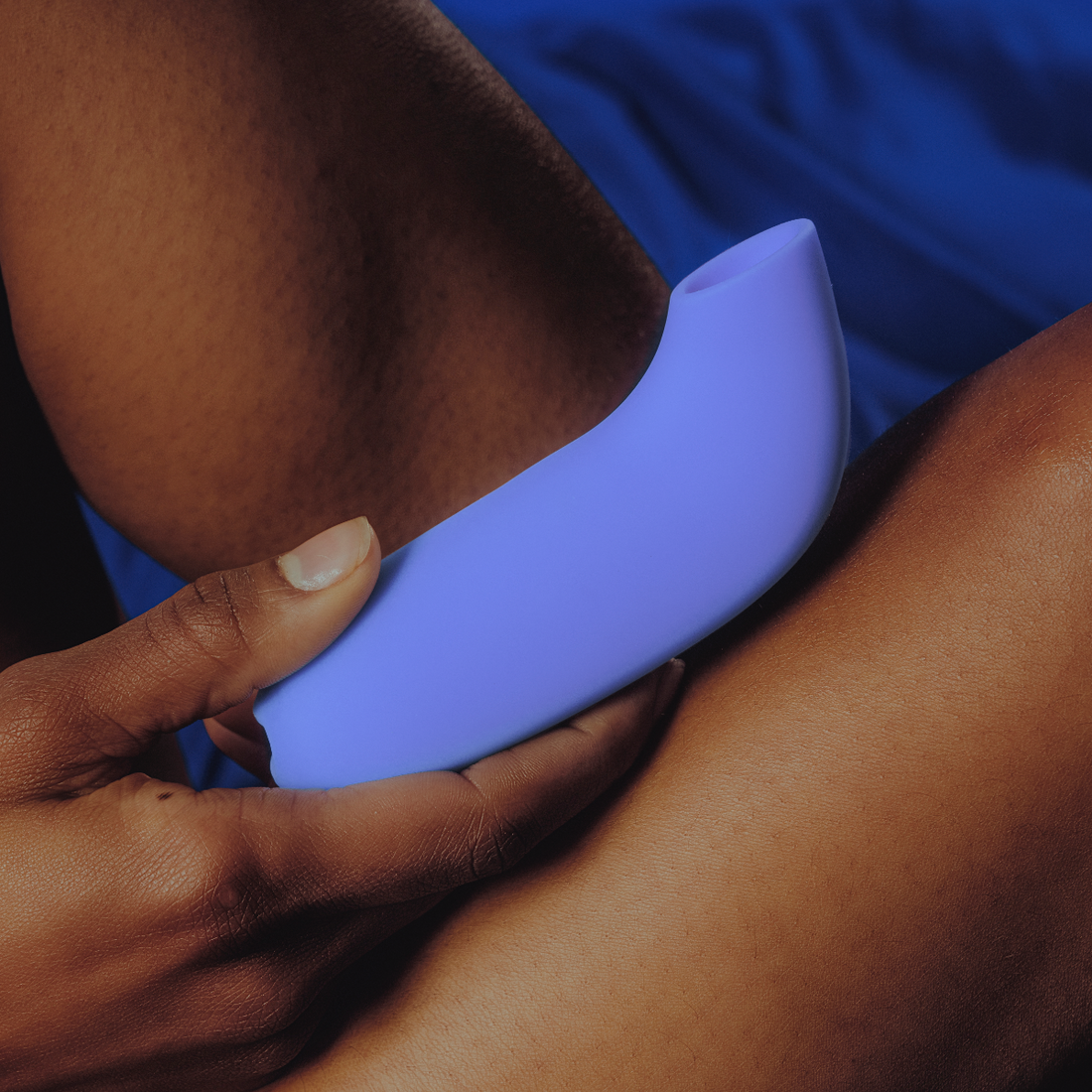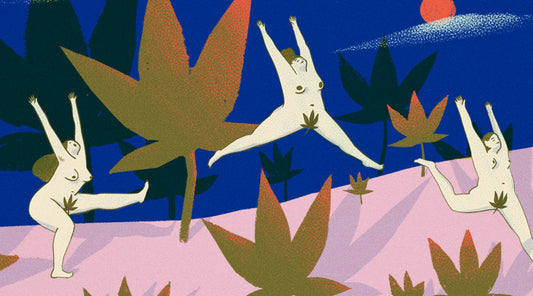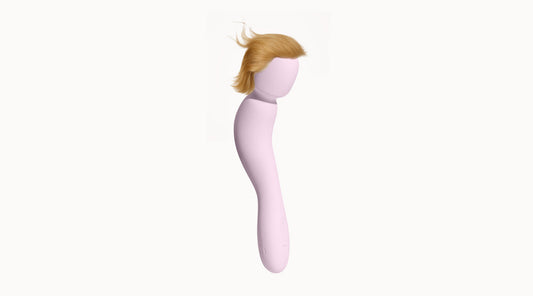A lack of adequate stimulation (from yourself or a partner)
If you believe you’re not receiving the right stimulation from a partner, that could certainly be contributing to a lack of orgasm. Keep in mind that this is not necessarily selfish or intentional. With the way our absolutely shit sex ed curricula (nearly across the whole country) is constructed, it’s no wonder that people don’t understand what makes vulva-owners orgasm. Just look at this chart from Dr. Laurie Mintz’s Becoming Cliterate (adapted for Instagram): It could be that your partner(s) aren't providing the correct stimulation that you need, or that you don’t feel safe with your partner, or that you are expecting them to know what you like without ever telling them.
Communication really is key. “This means getting more brave about speaking up during sex, using short, direct, but kind language,” says Kenneth Play, a world-renowned sex-hacker and sex educator. “No one is a mind reader and even the most skilled partner could well be unaware of what it is you want. Simple directions like faster, slower, harder, softer, up, down, etc. can make a huge difference between so-so sex, bad sex, or great sex.”
And this responsibility falls on both partners. Both people should be advocating for themselves and their partner's pleasure in a kind, empathetic way. As Katherine Angel points out in her new book, Tomorrow Sex Will Be Good Again, the onus to “know yourself” shouldn’t entirely fall on women as a burden and barrier to their own pleasure. It requires egalitarian effort and an understanding of the nuances of desire (which we will get to below). Communication, trust, and content create an atmosphere of exploration and joy rather than discomfort.
It could be that your partner(s) aren't providing the correct stimulation that you need, or that you don’t feel safe with your partner, or that you are expecting them to know what you like without ever telling them.
Communication really is key. “This means getting more brave about speaking up during sex, using short, direct, but kind language,” says Kenneth Play, a world-renowned sex-hacker and sex educator. “No one is a mind reader and even the most skilled partner could well be unaware of what it is you want. Simple directions like faster, slower, harder, softer, up, down, etc. can make a huge difference between so-so sex, bad sex, or great sex.”
And this responsibility falls on both partners. Both people should be advocating for themselves and their partner's pleasure in a kind, empathetic way. As Katherine Angel points out in her new book, Tomorrow Sex Will Be Good Again, the onus to “know yourself” shouldn’t entirely fall on women as a burden and barrier to their own pleasure. It requires egalitarian effort and an understanding of the nuances of desire (which we will get to below). Communication, trust, and content create an atmosphere of exploration and joy rather than discomfort.
A lack of confidence about your body
Learning what you like during sex is a big part of sexual confidence. And so much of it is rooted in the body and the ways in which we see ourselves. “Body confidence is a tall order in a culture that spends a lot of time telling us how we should look,” says Moushumi Ghose, MFT, a licensed sex therapist. “Getting out of our heads, andSelf-pleasure is a radical act that has the power to give people, specifically women and those raised female, ownership over their bodies.An amazing way to increase confidence in your body is through masturbation. Self-pleasure is a radical act that has the power to give people, specifically women and those raised female, ownership over their bodies—especially in a society that constantly tells us our bodies are not our own, but rather vessels for the orgasms of other people (specifically, heterosexual men). So, how do you stay in your body with a partner when you’re worried about how you look? Ghose says it’s important to remember to remember that you’re the only one who’s worried about this. Your partner clearly thinks you’re hot or they wouldn't be here trying to actively get it on with you. So focus on staying with your own pleasure. “Focusing on smell, touch, taste, sounds, can be a great way to get
Confusion about what “sex drive” actually means
We have to get something straight: The desire and interest we have for sex is not an innate human "drive." It is not like eating or sleeping—you won't die without orgasms (even though you might feel that way sometimes). The misnomer comes from the similar feelings we have when we feel sexually aroused—it feels like a human, animalistic hunger—but it isn't. There are two types of horniness, and we only ever hear about one because of the incorrect ways we prioritize male desire over cis-female and clit owners: Spontaneous desire. The other kind of horniness, Responsive (or Receptive) desire is much more common, especially in vulva-owners and women.What's really important to understand about female desire (and the desire of all genders, really) is that it isn’t usually spontaneous—it's responsive.“Horniness” is usually not random, but rather triggered by an event, erotic imagery, a fantasy, a smell. There is an activating event in the brain, which then sends signals to the genitals to become aroused. These messages are circular—the brain talks to the spine, which talks to the genitals, which talk to the spine, which talks to the brain, and so on. This is, as referred to above, a bio-psycho-social phenomenon which leads to sexual desire. For true desire to occur, we need the right number of factors to be in play: Bio (our body) needs to be receptive to arousal; psycho (our mind) needs to be in a mindset that allows for desire (i.e. feeling calm, relaxed, in our bodies, sexy, etc.); and the social aspects (the relationship with the people involved in the sexual encounter) need to align. We need to be connected to the experience both mentally and physically in order to be receptive to sex. This is why we need to shift away from the word "drive" and instead use something more neutral like "sexual desire." It sends the incorrect message that prioritizes the way many penis owners (but not all!) experience desire, and leaves women without a leg to stand on. No wonder the vast majority of us have the message "I'm broken" playing over and over again in our heads. We don't even have the right language to understand our own sexual desire.




















































